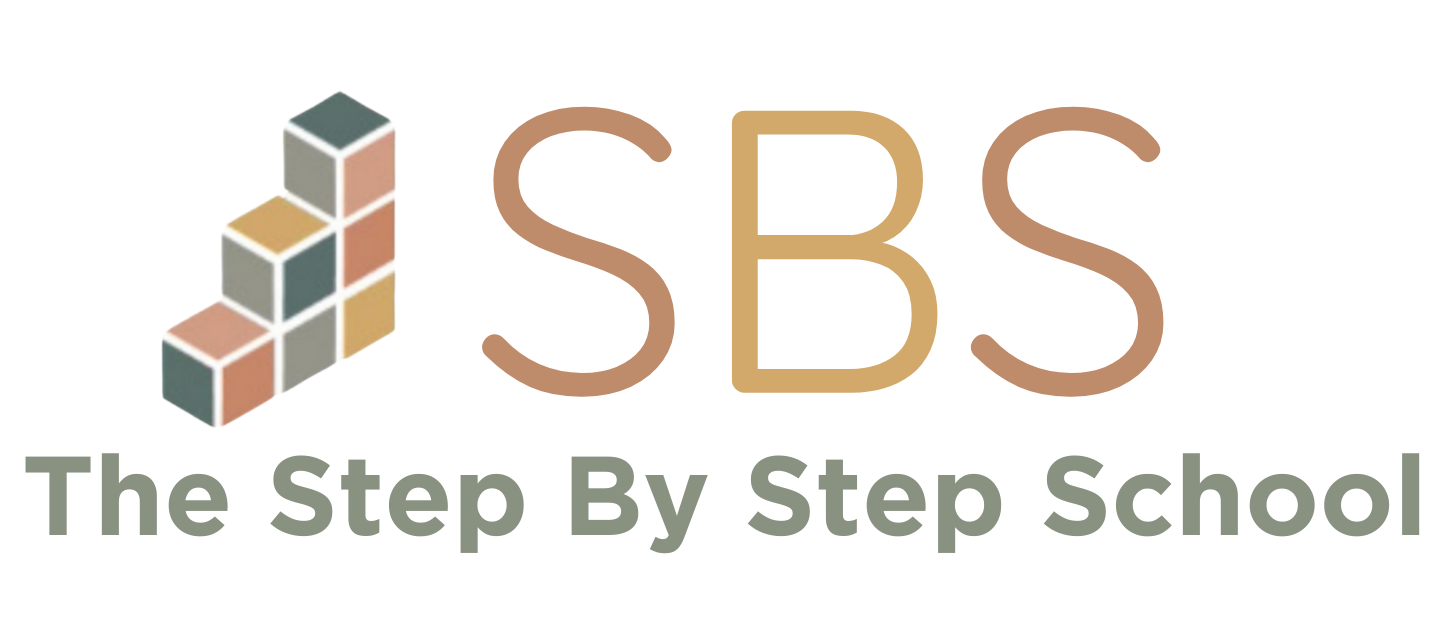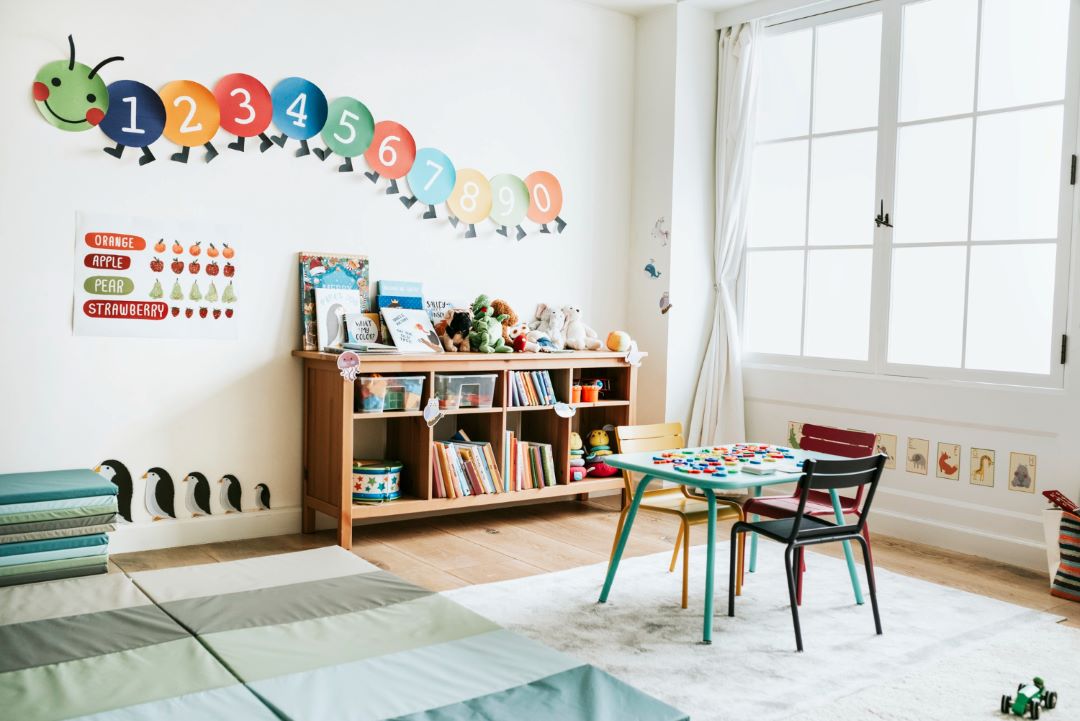Choosing the right preschool is one of the most important decisions you’ll make as a parent. It’s not just about playtime and snacks — it’s about laying the foundation for your child’s future learning, emotional growth, and social development.
At The Step by Step School, we know what a great preschool looks like. Whether you’re touring programs in Hudson, Monroe, or nearby areas, this guide will walk you through what to look for — and what to avoid — when choosing a place where your child can truly thrive.
Let’s explore the key signs of a high-quality preschool and how to find one that feels like the perfect fit.
What Makes a Great Preschool?
A great preschool nurtures the whole child — emotionally, socially, and academically. But not all schools are created equal. Look for programs that are child-centered, safe, well-staffed, and developmentally appropriate.
A quality preschool isn’t about rote learning or fancy gadgets. It’s about warm, responsive teachers, a clean and inviting space, and a curriculum that’s built on play, exploration, and age-appropriate learning.
In Hudson and Monroe, many parents prioritize schools with small class sizes, positive word-of-mouth, and a reputation for preparing kids for kindergarten — and life.
The Preschool Environment Matters
Step inside the classroom. What do you see?
Are the walls filled with children’s artwork? Are materials within easy reach of small hands? Is there a mix of quiet reading nooks and open play spaces?
In a great preschool, the environment is a teacher, too. Look for:
-
Clean, safe, and child-sized spaces
-
Clearly labeled learning centers (reading, art, science, etc.)
-
Natural lighting and calm colors
-
A balance of structure and flexibility
The right setting helps kids feel secure and eager to learn. Schools in Monroe and Hudson that invest in warm, welcoming classrooms often reflect a deeper commitment to child development.
👉 Explore more about learning environments in early education
Teachers Who Truly Connect
Preschool teachers are more than educators — they’re emotional coaches, role models, and daily caregivers.
When you visit, watch how teachers interact with the kids. Are they kneeling at the child’s level? Do they speak gently and with encouragement? Do children seem happy and safe?
Ask about staff credentials, turnover rates, and training in early childhood education. A great preschool will have low teacher-to-child ratios, ongoing professional development, and staff who genuinely love what they do.
In Hudson and Monroe, schools with consistent, long-term teaching staff tend to build stronger relationships with families and children alike.
A Preschool Curriculum That Grows With Your Child
A strong preschool curriculum balances play and learning.
You want a program that encourages curiosity, creativity, and problem-solving — not one focused solely on memorizing letters or numbers. Look for a curriculum that includes:
-
Social-emotional learning
-
Hands-on science and discovery
-
Early literacy and math through play
-
Music, art, and movement activities
-
Opportunities for child-led exploration
Ask how teachers track each child’s progress. Are they using observation-based assessments or child portfolios? Are you getting regular updates?
Curriculum alignment with state early learning guidelines is a great sign. You can check your state’s early learning standards here.
Preschool Safety and Family Communication
A great preschool keeps safety and parent communication front and center.
You should feel confident in the school’s emergency plans, pick-up procedures, and cleaning routines. Especially in times of heightened health concerns, cleanliness and transparency are critical.
Ask how often the school updates parents — daily logs, photos, or newsletters are all great tools. Strong schools in Monroe and Hudson often use apps or parent portals to keep families in the loop.
Good schools also invite parents to get involved. Whether it’s through volunteering, conferences, or events, they welcome families as partners in education.
H2: Questions to Ask When Choosing a Preschool
The right questions can reveal a lot. When you tour or call a potential preschool, consider asking:
-
What is your teaching philosophy?
-
How do you handle behavior challenges?
-
What’s your approach to screen time?
-
How do you support children who are shy or need extra help?
-
Can I visit during class time to observe?
You want answers that are clear, compassionate, and aligned with your values. Trust your instincts — if a place feels off, it probably is.
Local Preschool Insights for Hudson and Monroe Families
If you’re exploring preschool options in Hudson or Monroe, you’re in luck. These communities are home to several early learning centers with strong reputations and passionate educators.
Look for local programs that are licensed, accredited (such as by NAEYC), and highly rated by other parents. Online reviews, Facebook parenting groups, and local preschool directories can offer great insight.
At The Step by Step School, we’re proud to serve families from both Hudson and Monroe, offering a nurturing space where children build confidence, kindness, and a love of learning.
Conclusion: Choose With Confidence
Finding the right preschool takes time, but it’s worth every minute. You’re looking for a second home for your child — a place where they’ll feel safe, supported, and inspired to grow.
Start with a visit. Talk to teachers. Watch the children. Ask questions. Trust your gut.
And if you’re looking for a trusted, child-centered program in Hudson or Monroe, we’d love to show you what sets The Step by Step School apart.
📅 Schedule a tour today — and take the first step toward a great start for your child’s future.
FAQs: What Parents Should Know About Preschool
1. What are the key things to look for in a preschool?
Look for a clean, safe environment, nurturing teachers, play-based curriculum, low teacher-to-child ratios, and consistent communication with parents.
2. How important is preschool for early learning?
Preschool lays the foundation for lifelong skills — from literacy to empathy. It supports early brain development, social growth, and school readiness.
3. Is accreditation important when choosing a preschool?
Yes. Accreditation by organizations like NAEYC ensures the preschool meets high standards for safety, staff qualifications, and curriculum quality.
4. How can I tell if my child is comfortable in preschool?
Watch for signs like excitement before school, talking about friends or activities, and general ease at drop-off. Communication with teachers helps track adjustment.
5. What questions should I ask during a preschool tour?
Ask about the teaching approach, daily schedule, health policies, teacher training, and how they handle discipline or special needs. These help reveal the school’s values.









